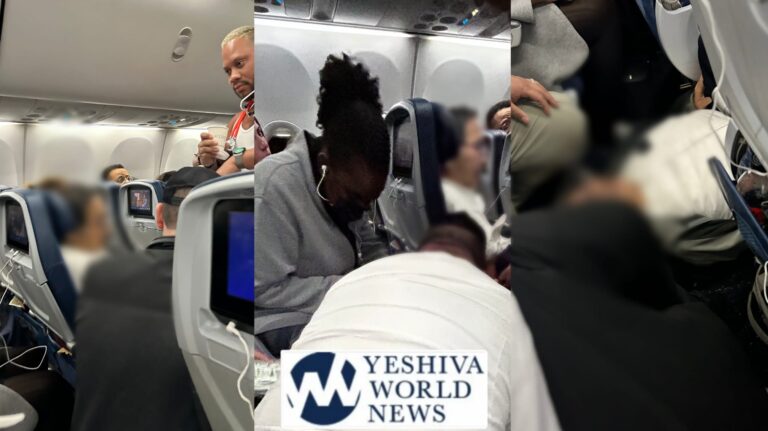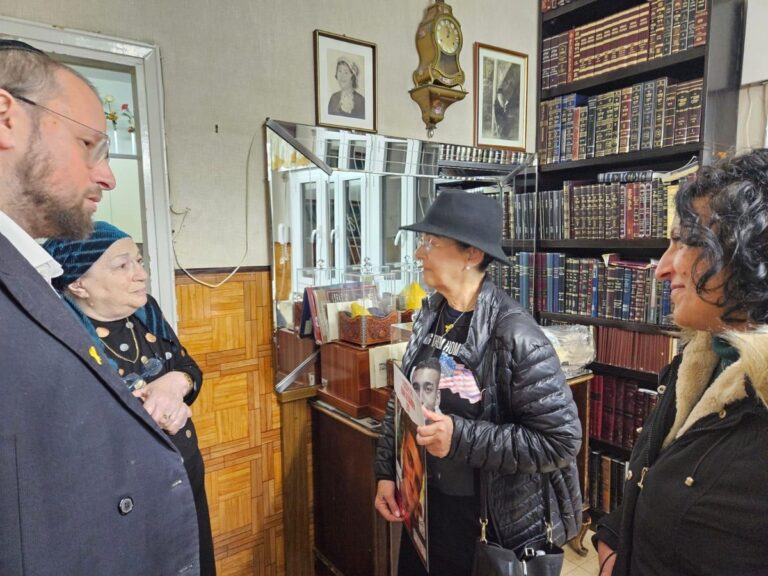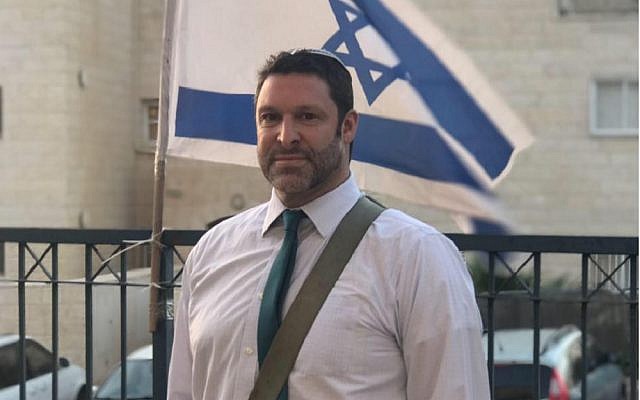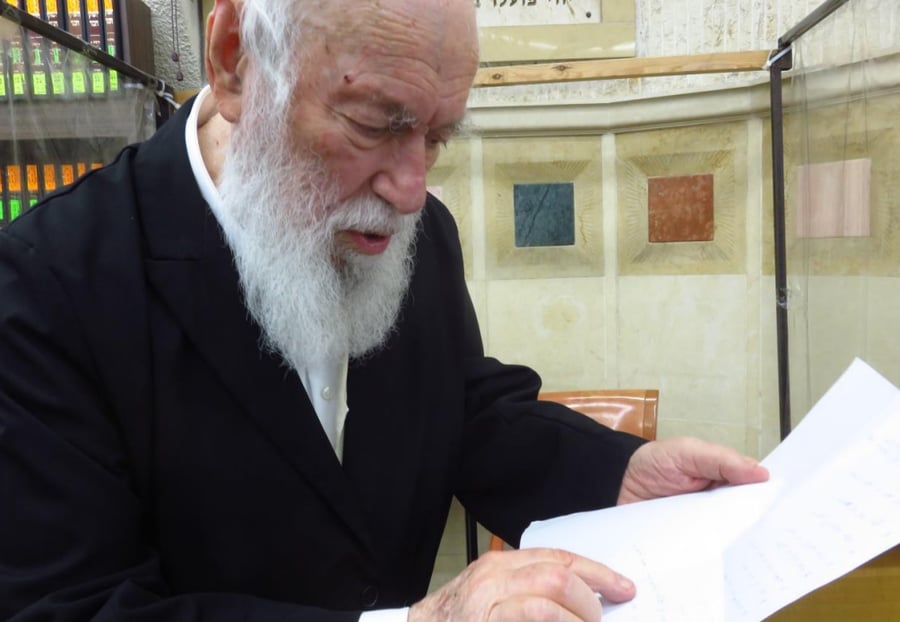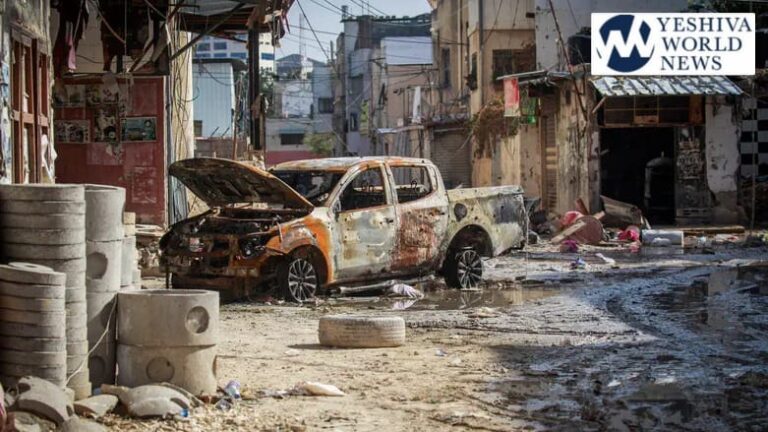 Even as airlines operated a normal schedule of flights into and out of Paris on Saturday, travelers with future plans to visit the French capital reconsidered their options after a series of terror attacks. Some quickly canceled their tickets, a worrisome sign for the travel and tourism industries.
Even as airlines operated a normal schedule of flights into and out of Paris on Saturday, travelers with future plans to visit the French capital reconsidered their options after a series of terror attacks. Some quickly canceled their tickets, a worrisome sign for the travel and tourism industries.
Joe Nardozzi, a 31-year-old New York investment banker, and his wife won’t be taking the wedding-anniversary trip they planned later this month.
“I have no interest in losing my life over a trip to Paris,” he said.
Travel agents said some clients called to cancel trips, and one advocacy group for business travelers predicted that corporations would let frightened employees do the same.
On Friday night, terrorists with guns and suicide vests carried out coordinated attacks across Paris that left at least 129 people dead and more than 350 injured. The targets, including a cafe and a concert hall, were the types of places that attracted a young crowd and in-the-know travelers. The Islamic State group claimed responsibility for the attacks.
Decisions by companies and leisure travelers could hinge on whether the Paris attacks are seen as a one-time event or the vanguard of a stepped-up campaign by Islamic radicals. Islamic State, the group fighting in Syria and Iraq, also claimed last month that it bombed a Russian passenger jet over Egypt’s Sinai Peninsula, although investigators have not determined the cause of the crash that killed 224 people.
High tensions after the attacks could be seen at airports across Europe on Saturday.
A Paris-bound Air France jet was evacuated at Amsterdam’s Schiphol Airport after authorities received a threatening tweet. A terminal at London’s Gatwick Airport was shut down for hours after a man was seen throwing away what looked like a gun.
Paris airport authority Aeroports de Paris said all flights were operating normally Sunday, but that travelers should give themselves more time because of heightened security measures.
Air France said it would operate all upcoming flights to and from France but that delays were expected because of increased security at airports, including Paris’ Charles de Gaulle Airport.
U.S. authorities said that they had nothing to add to Friday’s comment by Homeland Security Secretary Jeh Johnson that officials didn’t know of any specific or credible terror threats against the United States.
United Airlines and Delta Air Lines said that all their flights between the U.S. and Paris operated on Saturday. American Airlines said all its flights would run too except a Paris-to-Dallas flight — that plane remained in Dallas when the Paris-bound leg was canceled Friday night.
Delta spokesman Anthony Black said flights to and from Paris were full.
Still, some Americans canceled upcoming trips after seeing coverage of the terror on Paris streets.
Blake Fleetwood, president of New York-based Cook Travel, said about 10 customers out of the roughly 30 with trips booked to Paris told him they want to cancel. He and his wife might do the same next month.
“It’s a terrible situation,” Fleetwood said. “It’s going to hurt the travel industry, the hotels, the airlines, the restaurants.”
Tourism to the French capital already took a big hit earlier this year from the attacks in January that killed 17 journalists, police and shoppers at a kosher grocery. The Paris tourist office said the number of hotel stays fell 3.3 percent in the first three months of the year, a drop it blamed specifically on the January attacks.
The situation had just begun to improve, with summer visits by U.S. travelers, who are Paris’ biggest group of foreign visitors rising significantly.
The new attacks targeted neighborhoods in Paris’ trendy east side, which Paris tourist officials had specifically mentioned in a recent update on tourism in the capital.
Kevin Mitchell, who runs an advocacy group called the Business Travel Coalition, expects some worried corporate travelers to cancel trips to Europe.
“These companies have to continue to do business,” he said, “but for some period of time they’ll give employees a lot of leeway about traveling to Europe and Paris in particular.”
It’s not just Western visitors who might avoid Paris after the attacks. Egyptian college graduate Aya Sayed has always dreamed of strolling the streets of the City of Light.
“I would be too afraid to go because I don’t want to be mistreated because of my headscarf or ethnicity,” she said. “Who knows what they might do to us now?”
Consumers with travel insurance that includes terrorism coverage can probably recover the cost of a trip to Paris, according to Squaremouth, a policy-comparison website. But even policies that cover terrorism may only apply to trips scheduled in the next week or month and might not apply to travel in other parts of France or Europe more broadly, a company spokeswoman said.
Wendy Perrin, who writes about consumer topics for TripAdvisor, encouraged people to keep traveling in a post on her Facebook page.
“The answer is not to stop traveling … The answer is to keep traveling, to make friends around the world, to be a thoughtful ambassador for your country,” she wrote.
Even travelers who go to Paris are likely to be in a less celebratory mood. On Saturday, the Eiffel Tower, the Louvre and other must-see attractions were closed until further notice, and the mood in the city was changed.
Toronto residents Mark Hutchison and Ashleigh Marshall planned a big night out during a Paris stopover on their trip back home from Tanzania — “go to a restaurant, go to a bar, have a glass of wine,” Hutchison said. Instead, they decided to hunker down in their hotel with a bottle of wine once the sun went down Saturday evening.
“It’s a lot to take in,” he said of the deadly attacks. “You can’t make sense of it.”
On flights to the U.S. from Paris, the mood was understandably subdued.
Shannon Sharpe, 47, who works for an oil and gas company, caught a connecting flight in Paris on his way to Houston from Africa.
“It was a bit more quiet,” he said of the Air France flight. “I don’t want to say it was a bit of mourning, but when a tragedy like that happens, people are still in a state of shock,” he said.
(AP)

